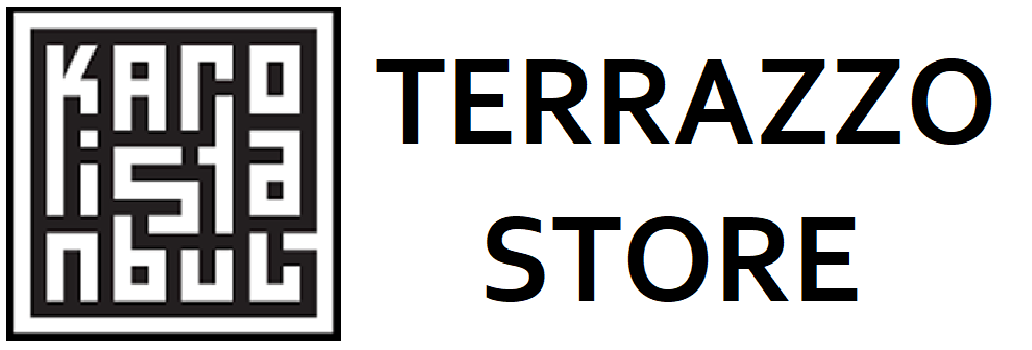Karoistanbul Signature on Floor Tiles of Beykoz Glass and Crystal Museum
Beykoz Glass and Crystal Museum takes its name from Beykoz Glass and Billurât Fabrika-i Hümâyûnu, which was established in this district during the Ottoman period and was the most important glass factory of its time. It was built by Abraham Pasha, who was promoted to the rank of vizier by Sultan Abdulaziz. Abraham Pasha had mansions, aviaries, pools, a theater building and a barn built on his land in Beykoz in the 19th century. The barn building, which has survived from the aforementioned buildings, was restored by the National Palaces and turned into a museum. This U-planned stone building, which carries the architectural features of the 19th century, offers unique museum spaces with its magnificent structure.






Which Brand of Floor Tiles Are Used in Beykoz Glass and Crystal Museum?
Within the scope of the restoration, patterned floor tiles of the Karoistanbul brand, which has a unique tile collection, were preferred.
Our Mosaic Tile series used on the floors of Foyer, Seminar Halls, Restaurants, Reception and Corridor areas:
Cement Tiles Complex Design
Cement Tile Complex Design Andalusia
Cemet Tiles Traditional Complex Design
Cement Tiles Minimal Medium Design
Border Cement Tiles
You can examine a few of the patterned tiles (patterned floor tiles) used in the museum:
-
 Cement Tile Border Group-3 009 10X20
Cement Tile Border Group-3 009 10X20 -
 Cement Tile Border Group-3 004 10X20
Cement Tile Border Group-3 004 10X20 -
 Cement Tile Border Group 027 20X20
Cement Tile Border Group 027 20X20 -
 Cement Tile Border Group 016 20X20
Cement Tile Border Group 016 20X20 -
 Cement Tile Border Group 015 20X20
Cement Tile Border Group 015 20X20 -
 Cement Tile Border Group 012 20X20
Cement Tile Border Group 012 20X20 -
 Cement Tile Border Group 008 20X20
Cement Tile Border Group 008 20X20 -
 Cement Tile Complex Design Art Nouveau 001 20X20
Cement Tile Complex Design Art Nouveau 001 20X20 -
 Cement Tile Complex Design Traditional 014 20X20
Cement Tile Complex Design Traditional 014 20X20 -
 Cement Tile Medium Design Andalusia 023 20X20
Cement Tile Medium Design Andalusia 023 20X20 -
 Cement Tile Medium Design Minimal 015 20X20
Cement Tile Medium Design Minimal 015 20X20
In the collection of Beykoz Glass and Crystal Museum, where the developmental stages of Turkish glass art can be followed, there are unique works produced for Ottoman palaces in Europe as well as Turkish glass. The museum, where 1,480 pieces of outstanding examples of glass art are exhibited, consists of 12 thematic sections.
You can view the entire Karoistanbul mosaic tile collection here and get offers for the products you like.

 Türkçe
Türkçe